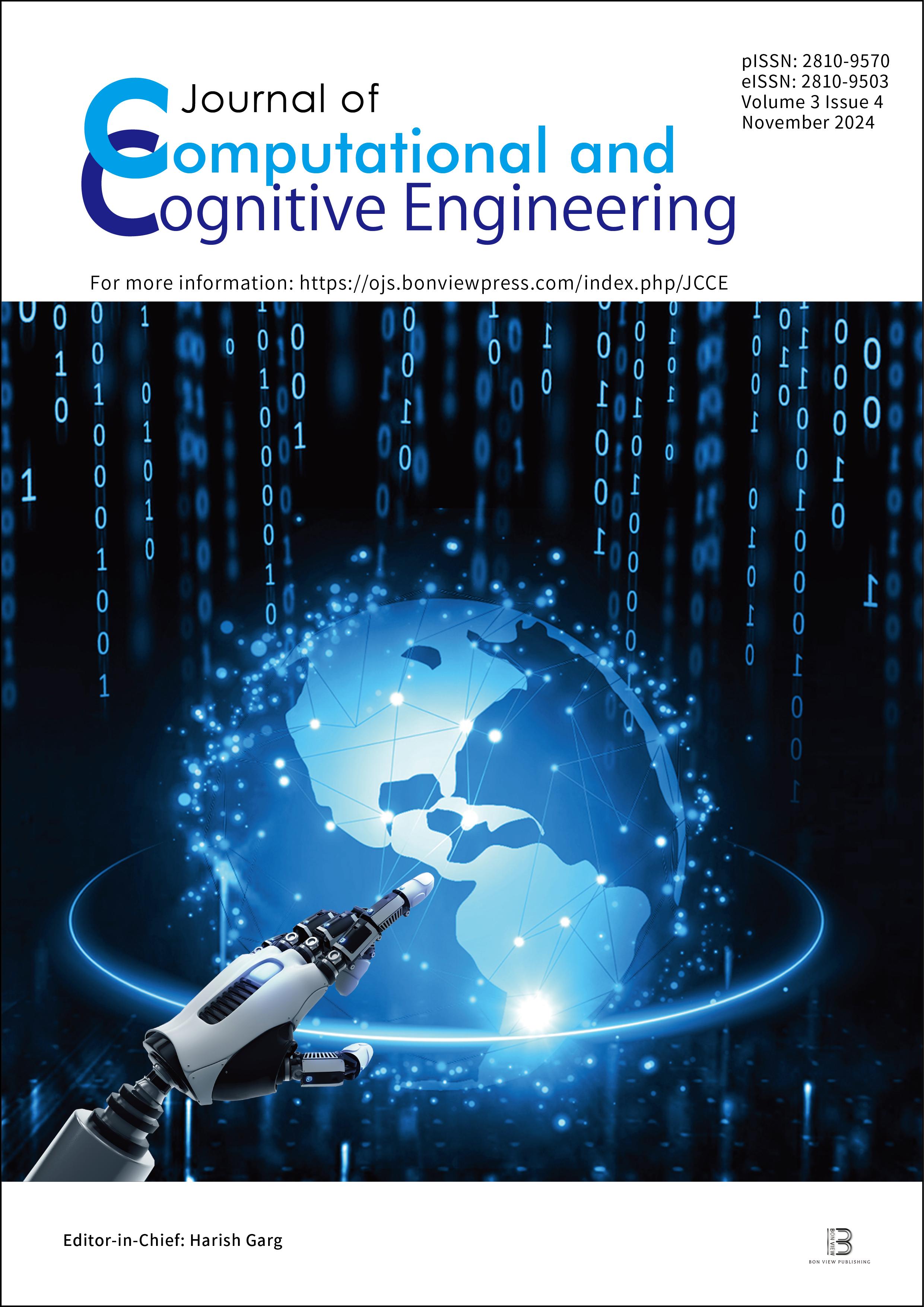Navigating the Ethical Landscape of ChatGPT Integration in Scientific Research: Review of Challenges and Recommendations
DOI:
https://doi.org/10.47852/bonviewJCCE42023238Keywords:
ChatGPT, academic research, artificial intelligence (AI), scholarly publishing, ethics, privacy concernsAbstract
This study aims to investigate the transformative potential of incorporating ChatGPT into academic research while addressing consequential challenges and ethical concerns. The chatbot, as a large language model (LLM), allows users to interact with it, providing advantages in the academic research context. The benefits of real-time interaction, information synthesis, and language generation have the potential to modernize how researchers engage with and extract insights from vast amounts of data. Additionally, ChatGPT demonstrates a strong command of programming languages, which is highly relevant in modern research related to machine learning and artificial intelligence. However, it still has certain limitations, such as the potential for generating fake citations and issues related to plagiarism. Users need to be aware of these limitations. Therefore, researchers must be careful regarding the potential and limitations of ChatGPT, as it can improve efficiency but may decrease the quality of work if misused. This study recommends guidelines in academic research for using LLMs like ChatGPT. Overall, it's not ChatGPT that downgrades the quality of academic work; rather, it's the irresponsible use of ChatGPT that does it.
Received: 25 April 2024 | Revised: 19 July 2024 | Accepted: 29 July 2024
Conflicts of Interest
The authors declare that they have no conflicts of interest to this work.
Data Availability Statement
Data sharing is not applicable to this article as no new data were created or analyzed in this study.
Author Contribution Statement
Anushka Osadhi Waduge: Methodology, Formal analysis, Investigation, Data curation, Writing – original draft. Waruna Kulasooriyalage Virajini Jayathma Bandara Kulasooriya: Software, Validation, Resources, Visualization. Rochana Sheshan Sarathchandra Ranasinghe: Software, Validation, Resources, Visualization. Imesh Ekanayake: Formal analysis, Investigation, Writing – original draft. Upaka Rathnayake: Writing – review & editing, Supervision, Project administration. Don Pasindu Piumal Meddage: Conceptualization, Methodology, Writing – review & editing, Supervision, Project administration.
Downloads
Published
Issue
Section
License
Copyright (c) 2024 Authors

This work is licensed under a Creative Commons Attribution 4.0 International License.


